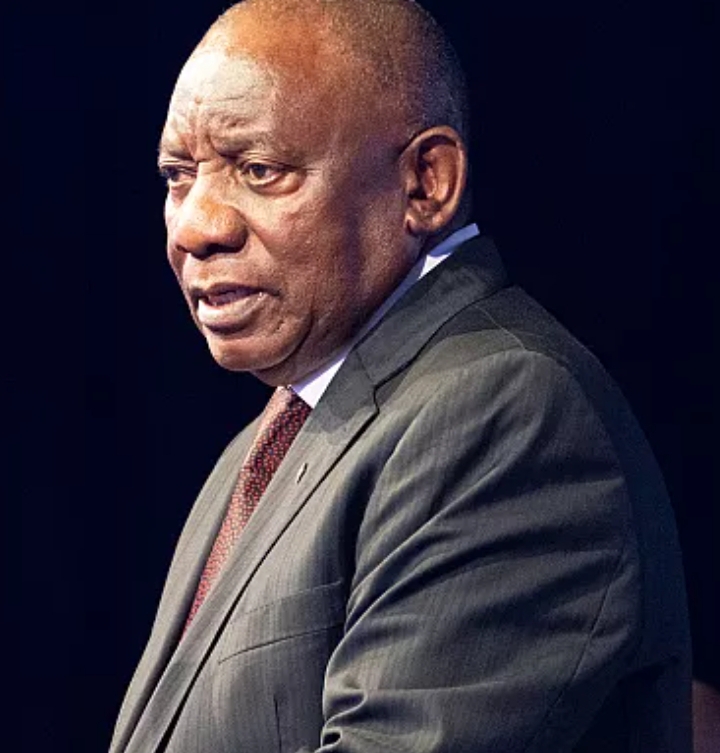US-South Africa relations are strained over Trump's claims of anti-white discrimination and the resettlement of white South African farmers, which South Africa denies. A meeting between Trump and Ramaphosa aims to address the tensions.
South African President Cyril Ramaphosa to Meet Donald Trump in Washington Amid Rising Tensions


Tensions between South Africa and the United States have been evident for months and are becoming increasingly difficult to conceal.
Since Donald Trump resumed office as President of the United States, relations between the two nations have repeatedly come under strain—most notably due to Washington’s controversial plan to resettle white South African farmers, whom Trump asserts are victims of “racial discrimination” in their home country.
In March, the situation escalated further when the U.S. expelled South Africa’s ambassador, Ebrahim Rasool, in response to critical remarks he made concerning the Trump administration’s stance.
Could a high-level meeting help ease these growing tensions?
On Wednesday evening, the South African presidency announced that President Cyril Ramaphosa would travel to Washington next week for a meeting with President Trump. While the presidency did not elaborate on the issues to be addressed, the recent granting of refugee status to white South African farmers by the U.S. is expected to be a key point of discussion.
On Monday, the Trump administration welcomed 59 white South Africans as refugees. This move marked the beginning of a broader resettlement initiative aimed at relocating Afrikaner farmers—a minority group Trump claims is facing racially motivated persecution in South Africa.
The South African government has strongly refuted these allegations, insisting that white citizens are not being targeted or persecuted in the majority-Black nation.
President Trump has accused the South African government of promoting laws that discriminate against whites and of inciting violence against white farmers. South African officials acknowledge that farmer killings—though relatively few—are a serious concern but emphasize they are symptomatic of the country’s broader violent crime issues and not racially driven.
Earlier this week, Trump declared that a “genocide” against white farmers was underway, claiming that the international media was turning a blind eye. However, this assertion has been repeatedly debunked, most recently by a South African court ruling in February.
Washington’s criticism appears to focus on South Africa’s affirmative action policies, which aim to uplift Black South Africans disadvantaged under apartheid, as well as the country’s new land expropriation law. This law allows the government to reclaim unused private land without compensation for public redistribution.
Although South African officials stress that the law is not a tool for blanket confiscation and targets only idle or unproductive land, some Afrikaner communities fear it could result in their property being seized and redistributed to members of the Black majority.

 বাংলা
বাংলা  Spanish
Spanish  Arabic
Arabic  French
French  Chinese
Chinese 
